Nord Anglia International School Dubai
As a school that was very clearly marketed on the basis of its selective and highly-academic focus, it is perhaps at first sight, a little surprising to find that Nord Anglia School (NAS) is placing so much focus on Performing Arts.
However, the school states that
“The performing arts teach young people a range of personal skills that enable them to shine in every aspect of their lives – both at school and in the world of work. In fact, they teach young people exactly the attributes required in the modern workplace – creativity, critical thinking, the ability to collaborate and various social skills. Studying rehearsing and learning to perform teaches young people various character traits including confidence, self-esteem and discipline.”
The schools goes on to say that while some education systems focus on exam after exam, they are missing the whole picture. If they also created time for the performing arts, they would see their pupils achieve even more. In support of its ambitions, NAS Dubai boasts excellent facilities including a state-of-the-art auditorium, theatre space and practice rooms, specialist Music and peripatetic music rooms.
The Creative Arts curriculum at Nord Anglia School Dubai is being re-designed in collaboration with the world renowned Juilliard School and will give each child a unique opportunity to learn about music (for which the programme was introduced this year), Dance (to be introduced in September 2017) and Drama (September 2018) through iconic works and regular connections with practicing artists.
Nord Anglia believes that music can play a transformational role in children’s education. The Juilliard-Nord Anglia Performing Arts Programme has been designed to give students a deep engagement with performing arts – promoting cultural literacy, creativity, critical thinking and collaboration. It has not replaced the UK curriculum requirements for the subjects, but has been incorporated within it.
Music students are drawn into a Juilliard-curated repertoire comprising twelve core categories that encompass a wide range of genres, styles and cultures. Each of the 12 categories is exemplified by an iconic work supplemented with carefully curated extension works, enabling students to explore different elements of music and its role in society.
Activities developed by Juilliard enable students to understand the language of music and develop creative skills such as improvisation and composition. Nord Anglia’s staff are trained at Juilliard to use the Juilliard Creative Classroom to access these and a host of other teaching materials, recordings and videos for their lessons.
Students are connected to Juilliard’s worldwide network of performers, teaching artists and curriculum specialists, regularly interacting with them through workshops, masterclasses and performances.
The keyboard acts as a practical entry point for music theory. From the age of five, every student actively uses the keyboard to explore the fundamentals of music and notation. The curriculum will increasingly delivered on a block basis, with all students following one each of the Performing Arts on a termly basis. The amount of time involved varies from 30 minutes per week in Foundation Stage to 5 hours every two weeks at GCSE. There are currently 18 students studying for GCSE Music. Students will be offered IB Music at IBDP when the Sixth Form opens in September 2017.
In September 2017, NAS will introduce Dance to the curriculum from FS to year 9 (compulsory for all students) and this will be followed by Drama (which will continue to be taught following the previous curriculum) from September 2018.
GCSE Drama students currently take the exam at the end of year 10 (starting the curriculum early in year 9), and this is currently the most popular optional GCSE subject at NAS with 35 students in the current cohort. Previous students all achieved A*-A grades. IBDP students will be offered IB Theatre Studies from September 2017. The school is currently considering establishing itself as a LAMDA Centre to enable year 11 students to continue with Drama in school.
Students also have access to a range of Co-curricular activities including Choir, Music, Orchestra, Drama and Public speaking. Specialist Music lessons are provided by the Music Box and students enter for ABRSM exams.
At a glance:
| Dance | Drama | Music | |
| Number of staff | 10 staff across all 3 disciplines | ||
| Grade/year groups taught | FS1 – Year 1 – class-teacher led once per week across all 3 performing arts, linked to 6 week theme-based blocks;
Years 2-6 – 1 lesson per week led by Juilliard-trained Dance specialist; Years 7- 9 – 1 lesson per week taught as part of core PE curriculum with a Juilliard-trained Dance specialist; Years 10 -11 – GCSE Dance option – 5 lessons per 2 week period.
|
FS1 – Year 1 – class-teacher led once per week across all 3 performing arts, linked to 6 week theme-based blocks;
Years 2-6 – 1 lesson per week for one term as part of core curriculum; Year 7- 9 – 1 lesson per week taught as part of core curriculum; Years 10-11 – GCSE Drama option – 5 lessons per two- week period; Years 12-13 – IBDP Theatre Studies option from September 2017 – 6 lessons per week.
|
FS1- FS2 –class teacher led 1 lesson per week;
Years 1-6 – 1 lesson per week led by Juilliard-trained Music specialist; Years 7- 9 – 1 lesson per week taught as part of core curriculum with a Juilliard-trained Music specialist; Years 10-11 GCSE Music option with 5 hours of lessons across 2 weeks taught by Juilliard-trained Music specialist on a theme-based 6 week block basis. Years 12-13 – IBDP Music option – 6 lessons per week. |
| Instruments are taught as part of the core curriculum | n/a | n/a | Keyboard from year 1 |
| External Examinations | LAMDA under consideration | ABRSM via Peripatetic teachers | |











































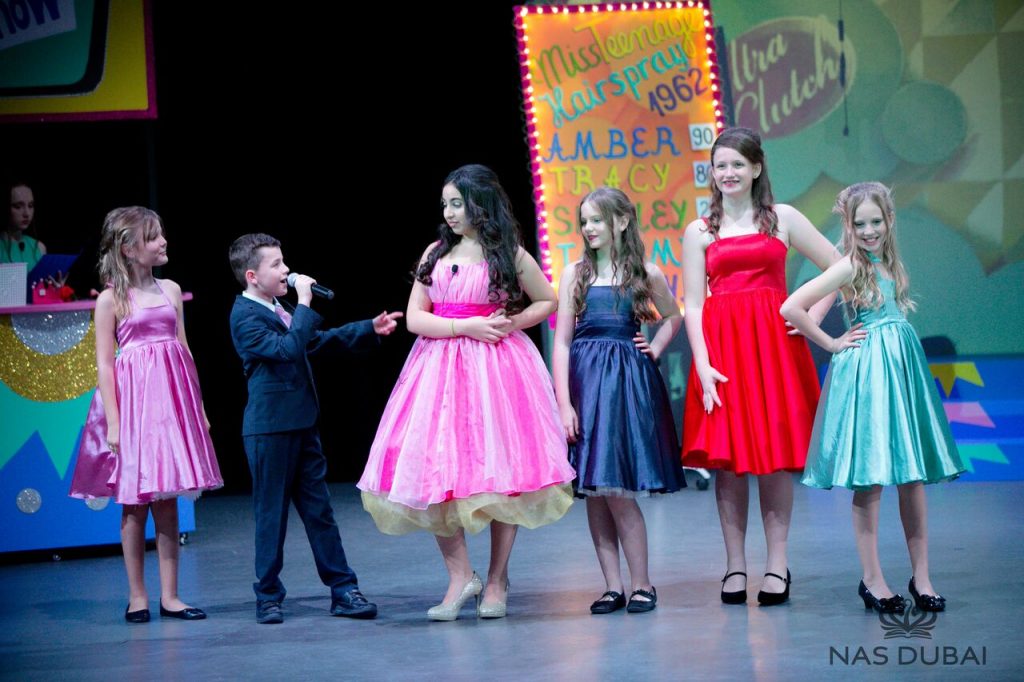

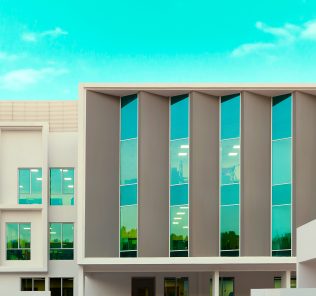



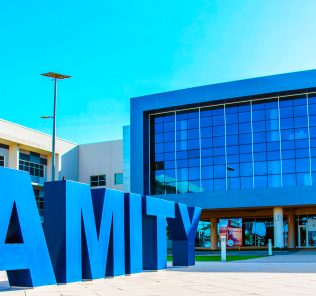

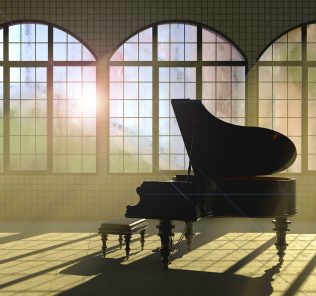
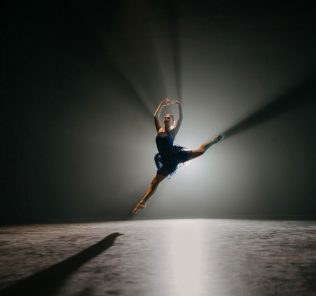
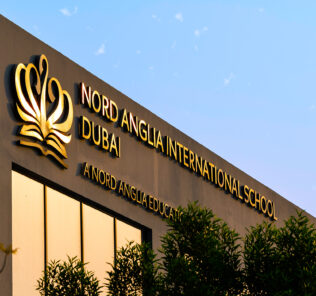
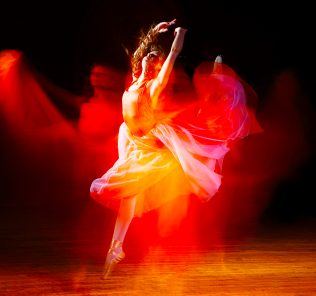
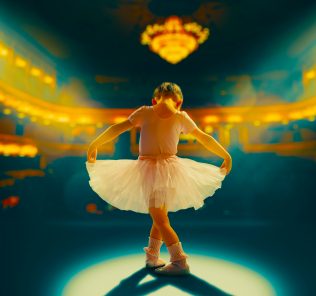
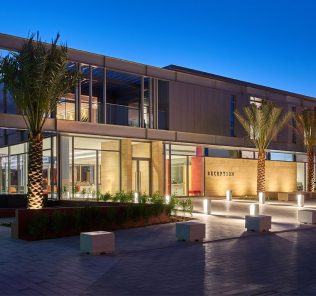
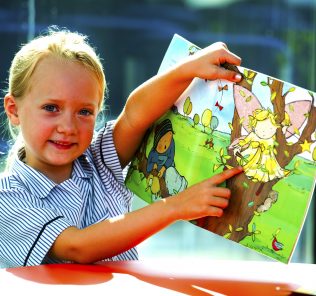
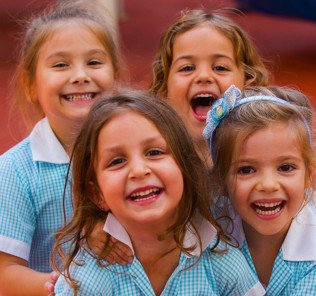
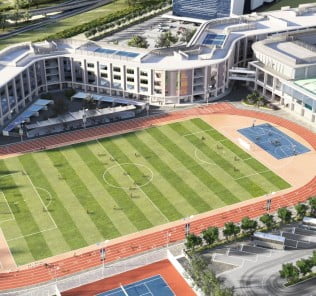















Leave a Response